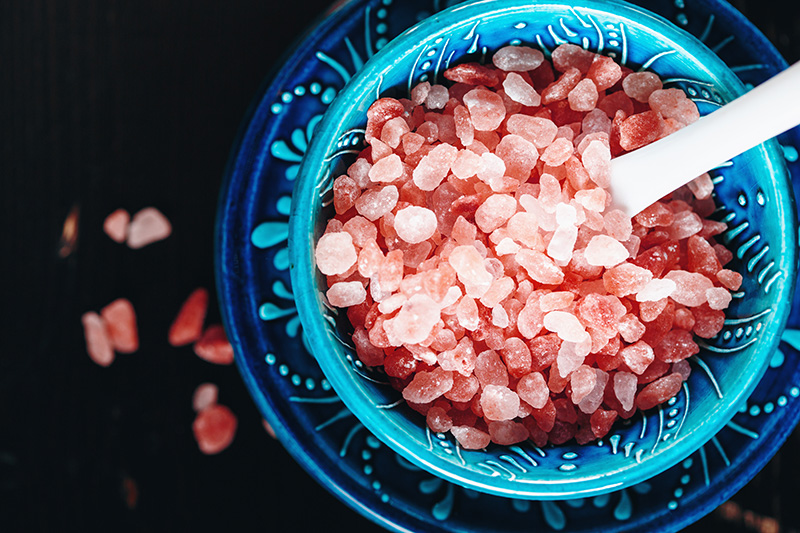It's easy to get answers about health and nutrition! Just send your question by email to [email protected] and Dr. Harlan will respond to selected questions of general interest. Answers will be posted in the Ask Dr. Gourmet newsletter (sign up now!) and archived in the Ask Dr. Gourmet section of the website.
Please note that the Ask Dr. Gourmet feature is restricted to questions regarding food and nutrition. Due to the many questions we receive, not all questions may be answered. For more specific questions about your individual health, please contact your doctor. About Timothy S. Harlan, MD, FACP, CCMS | Terms of Use | Privacy Policy
The Dr. Gourmet Low Sodium Diet

Following a Low Sodium Diet Can Be Delicious!
With The Dr. Gourmet Low Sodium Diet, you'll find that reducing your salt intake doesn't have to mean bland, boring food.
Using The Dr. Gourmet Low Sodium Diet, you'll receive six weeks of healthy menus that are full of flavor. This book includes:
- Reliable information based on sound science about the effects of salt on your heart and health
- 6 weeks of complete meal plans
- 6 weeks of shopping lists, making grocery shopping quick and easy
- 80+ delicious low sodium recipes
- Ingredient and cooking tips throughout the book
- Complete Nutrition Facts for each recipe
Now Available! Paperback: $19.95 + s/h | PDF: $14.95
Ask Dr. Gourmet
Doesn't sea salt have a higher concentration of potassium chloride than regular salt?
Doesn't sea salt have a higher proportion of potassium chloride (KCl), so although still a "salt", it will have a lower concentration of sodium proper?
Dr. Gourmet Says...

The answer appears to be no. I found one analysis report on sea salt that puts the potassium content at 0.19%. Keep in mind that there are differences in weight of the minerals and sodium molecules weigh less than chloride molecules. Potassium is a little heavier than both, but not so much as to overcome the analysis of less than 1% potassium content in sea salt.
Interestingly, in my research on this I did find confirmation that there is a lower percentage of sodium in sea salt than in pure sodium chloride. It appears, however, to be mostly the result of a higher moisture content in the sea salt and not through the weight of other minerals. So it may be not only the irregularly shaped crystals that lead to a lower sodium content by volume but also the added moisture that results in a lower sodium content by weight.
Thanks for writing,
Timothy S. Harlan, MD, FACP, CCMS
Dr. Gourmet
